Everything you need to know about going on safari – including cost, where to go and what to wear
Thinking about booking a bucket list trip but not sure where to start? Sue Watt tackles some of the most important questions about safari holidays
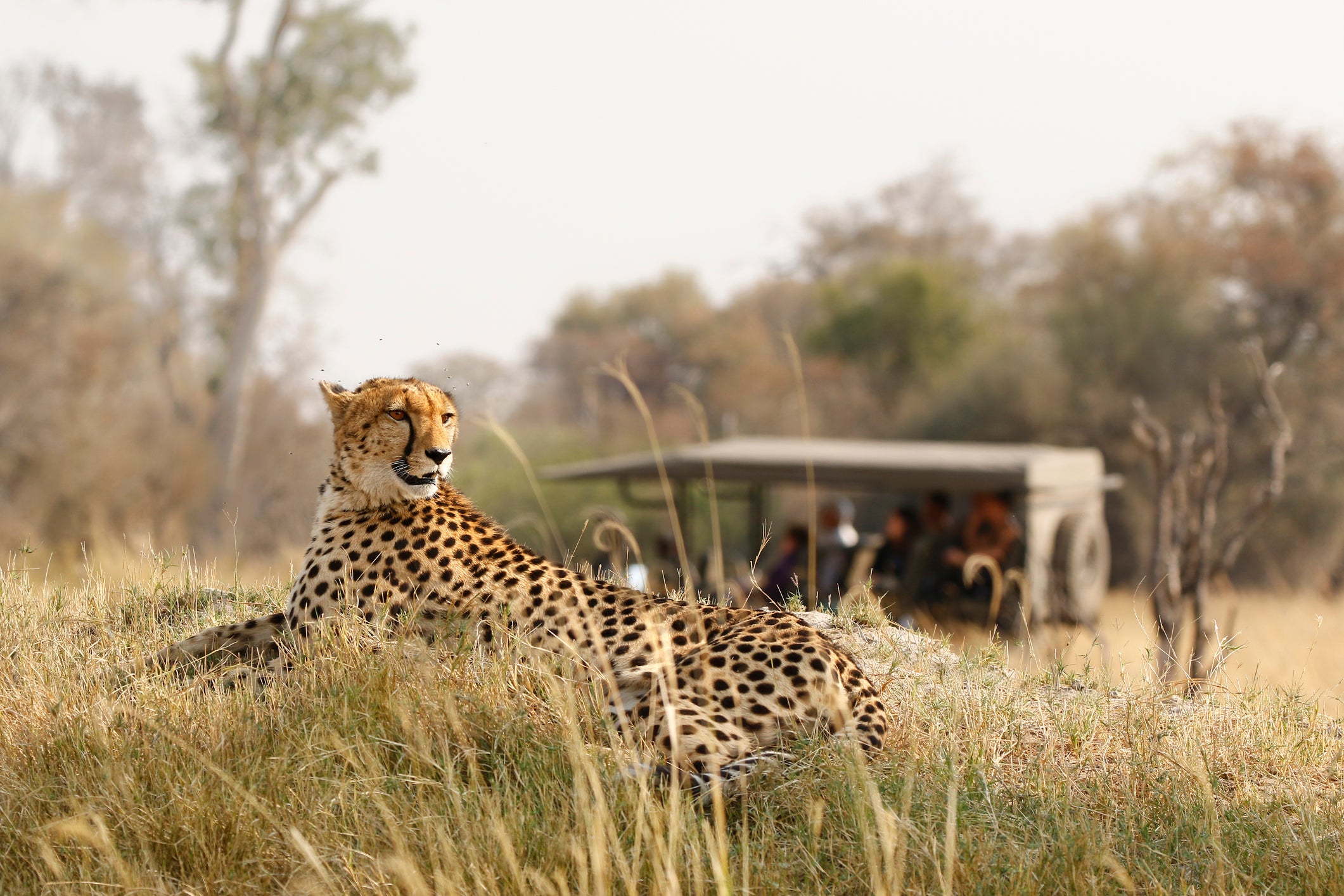
Your support helps us to tell the story
From reproductive rights to climate change to Big Tech, The Independent is on the ground when the story is developing. Whether it's investigating the financials of Elon Musk's pro-Trump PAC or producing our latest documentary, 'The A Word', which shines a light on the American women fighting for reproductive rights, we know how important it is to parse out the facts from the messaging.
At such a critical moment in US history, we need reporters on the ground. Your donation allows us to keep sending journalists to speak to both sides of the story.
The Independent is trusted by Americans across the entire political spectrum. And unlike many other quality news outlets, we choose not to lock Americans out of our reporting and analysis with paywalls. We believe quality journalism should be available to everyone, paid for by those who can afford it.
Your support makes all the difference.Whether on drives, on foot, on horseback or by boat, safaris definitely deserve a place on your bucket list, offering exquisite wildlife experiences in the natural world.
These are once-in a-lifetime trips that take you to the most beautiful places on the planet where you’ll see wildlife at its most incredible – whether that’s thousands of wildebeest thundering across the savannah, rare mountain gorillas frolicking in the rainforest, or big cats aplenty prowling for prey.
You’ll then relive these experiences around the campfire under a sky full of stars, or dream about them tucked up in tents against a soundtrack of laughing hyenas or lions roaring into the night.
But a safari is like no other holiday you’ll ever go on so they can take some planning. There are lodges to book, game drives (or walks) to organise, and a safari wardrobe to pack. To help you get started, below are answers to the key questions you’ll need to ask when planning your trip.
What are some of the best-known safaris?
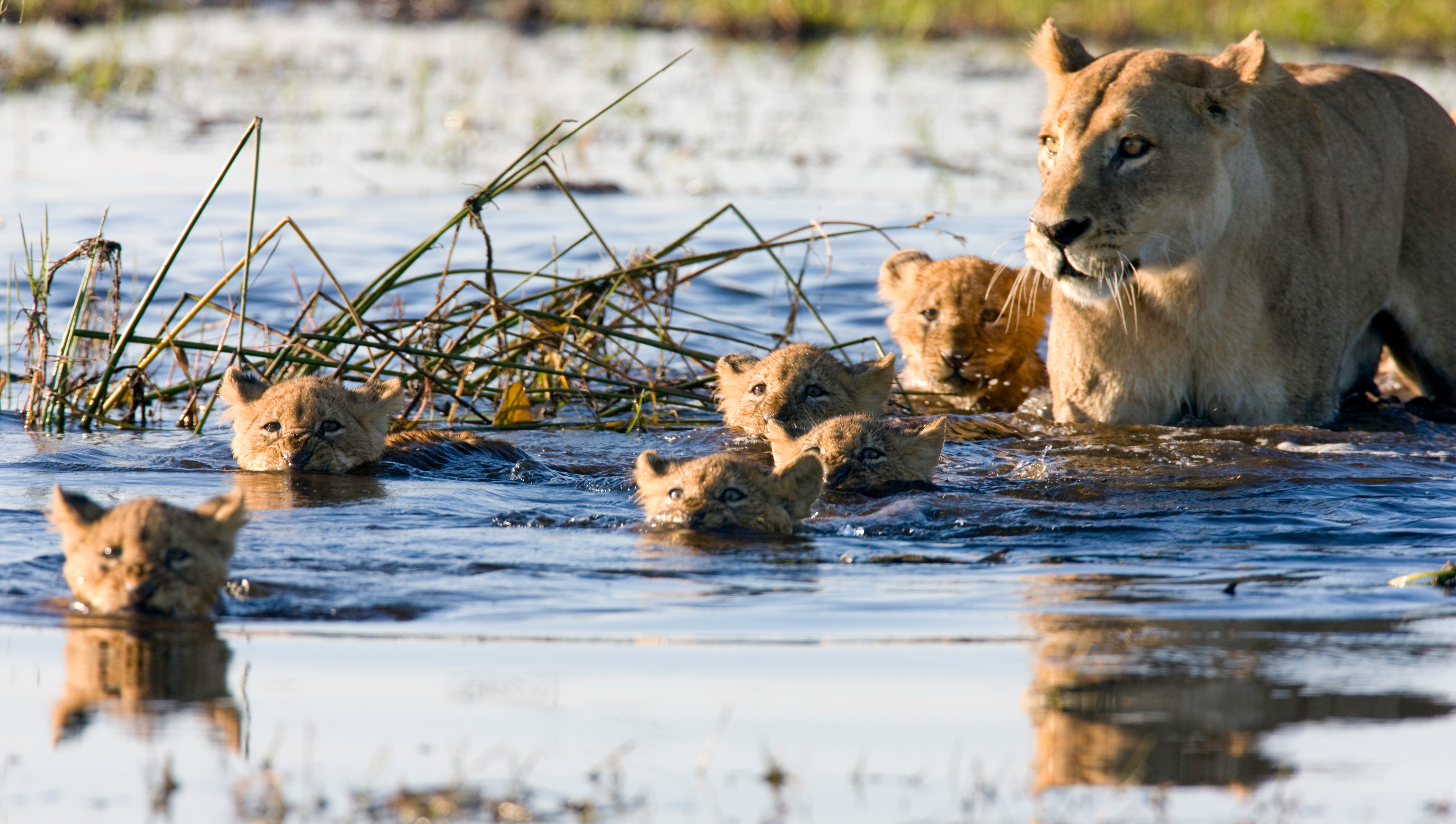
Let’s be honest, safaris are complicated. Faced with a bewildering array of destinations, accommodation styles, seasons, and wildlife wonders, how do you choose the right one for you? Focus on three simple questions: what’s your budget, when can you travel and – crucially – if this was your only safari, what would you really want to see?
Botswana’s Okavango Delta is renowned for romantic, luxury camps and huge herds of elephants in its watery wilderness, while Tanzania’s Serengeti and Kenya’s Maasai Mara are famous for the annual migration of two million wildebeest and zebras, with predators in hot pursuit. Kruger in South Africa and Namibia’s Etosha offer great family options and easy self-driving. South Luangwa in Zambia has a tradition of walking safaris and Zimbabwe has inspiring conservation projects. Birders love Uganda’s Queen Elizabeth National Park, with over 600 species to spot, and Bwindi Impenetrable Forest is the go-to for good-value gorilla tracking, with Rwanda’s Volcanoes National Park the luxury alternative.
It’s worth using the expertise of specialist tour operators to advise on and arrange everything from the moment you land at the airport to your choice of lodges or camps and all the travel between them: they’ve already done the research. Check out Yellow Zebra, Expert Africa, Safari Consultants, and Far & Wild Travel. For safaris with children, try family specialists Coral Tree or Bushbaby.
Read more on Africa travel:
How much does a safari cost?
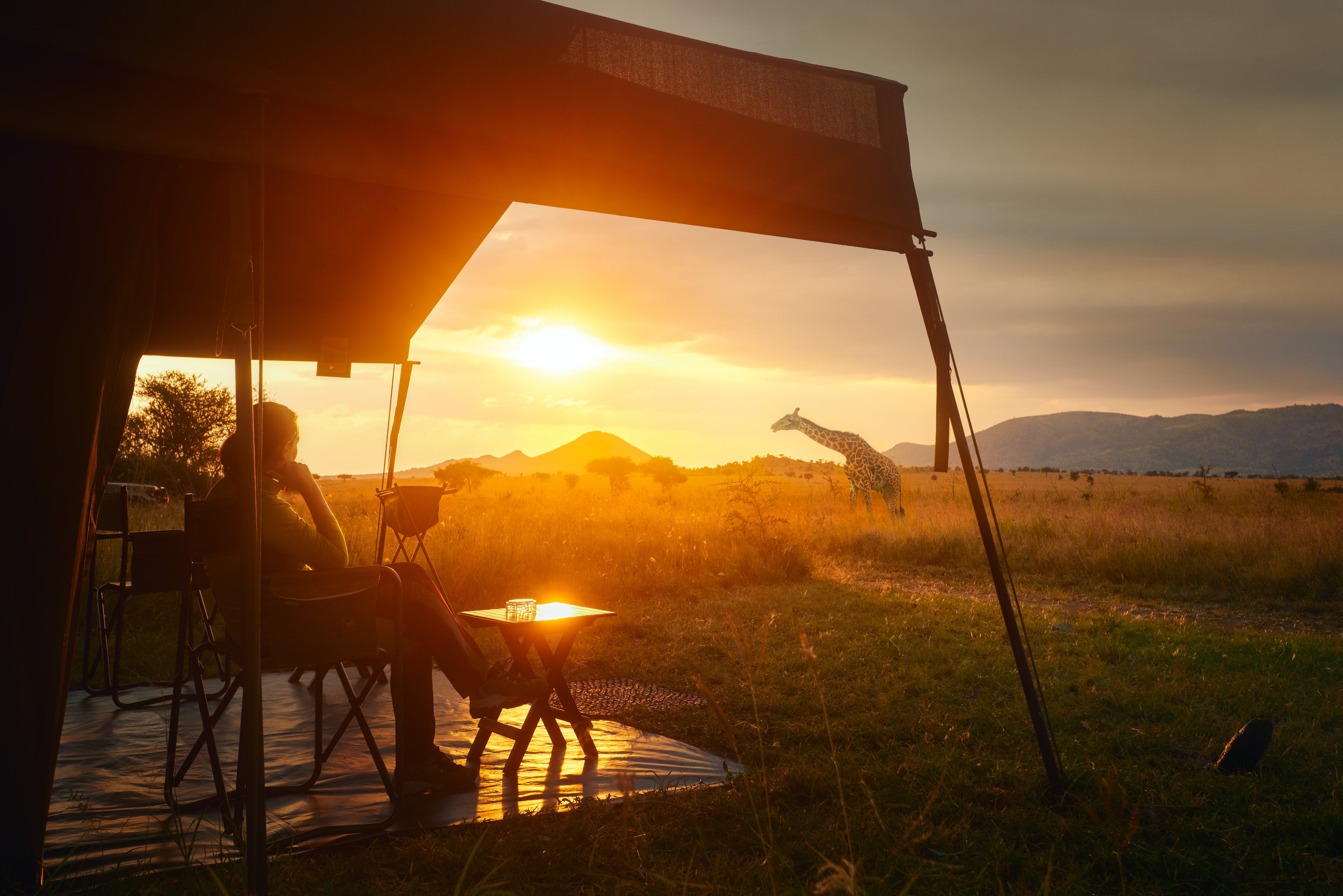
Whether you splash out or remain within a relatively moderate budget depends on the country you go to, where you stay, and when and how you travel. Botswana, Tanzania and Kenya are generally the most expensive, with South Africa and Namibia the best value. You might want fly-in safaris or private transfers and game drives, or be happy on an overlander truck (for these, try Dragoman or Intrepid). Accommodation ranges from chic eco-lodges with butlers, pools and fine dining, to simple camping in the bush. As a rough guideline, expect to pay from £4,000 a week per person for an all-inclusive relatively mid-range low season safari to a hefty £12,000 for an uber luxe lodge high season.
What time of year is best for African safaris?
For the best wildlife sightings, go in the dry season when animals converge at waterholes and rivers, and grasses are low. In East Africa, this is usually from June to October and December to March. In southern Africa, aim for June to October. As climate change impacts, however, seasons are becoming increasingly unpredictable.
What should you wear on safari?
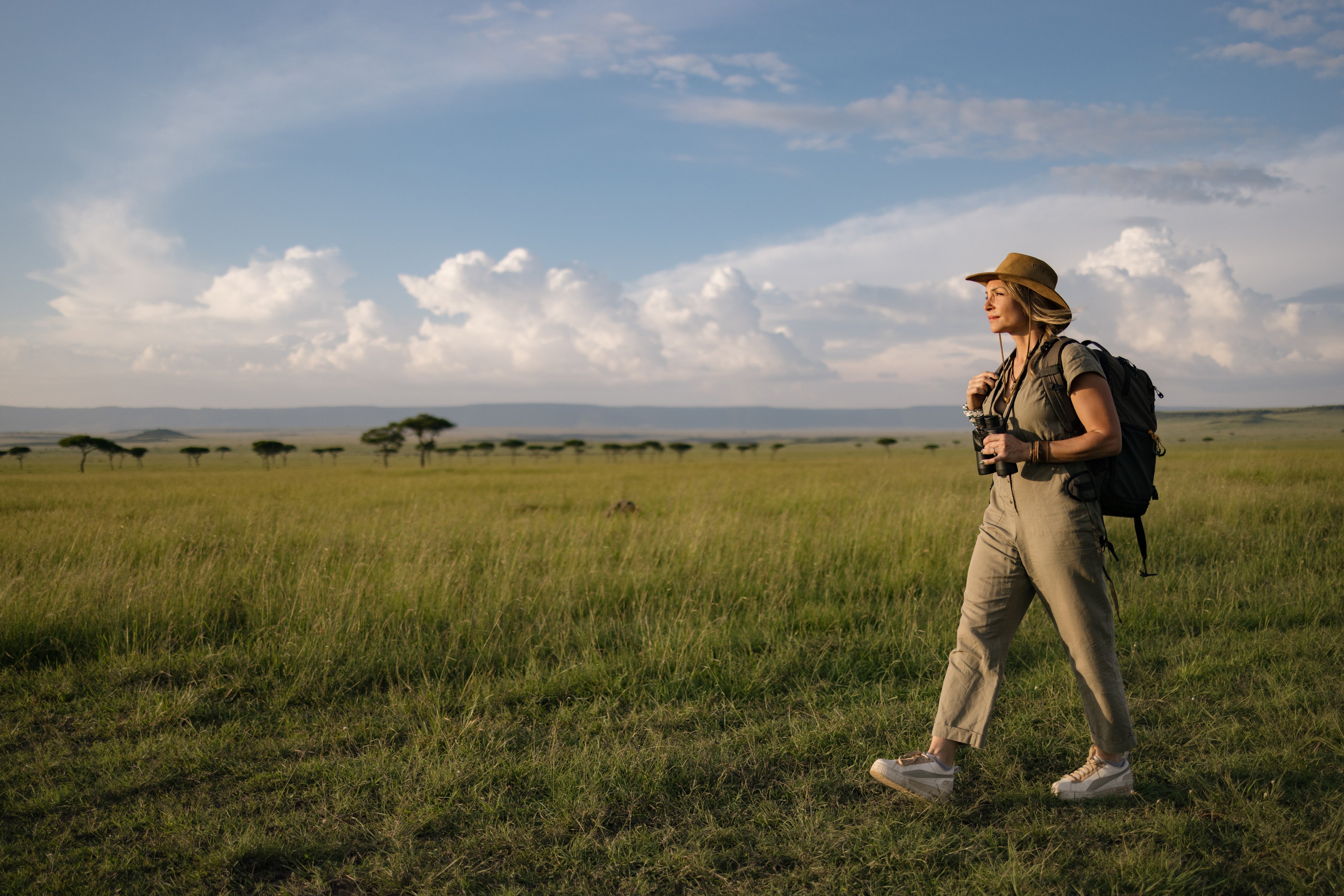
Wear neutral clothing in khaki and beige to blend in with nature’s bush palette, avoiding brights and whites. Leave blues and blacks at home too: these attract the nasty nip of tsetse flies. Evenings require cool long sleeves and trousers to deter mosquitoes but take something warm too – early morning drives in open vehicles can be surprisingly chilly. On walking safaris, wear long trousers and walking boots or comfy, closed-toe shoes to traverse bush terrain moulded by wild animals, from well-trodden hippo trails to rutted, ankle-twisting mud trampled by elephants. For rainforest gorilla tracking, pack waterproofs and gardening gloves (to protect against nettles and thorns). Most camps and lodges offer laundry services, so pack lightly if your itinerary includes small bush planes.
How long does a safari take?
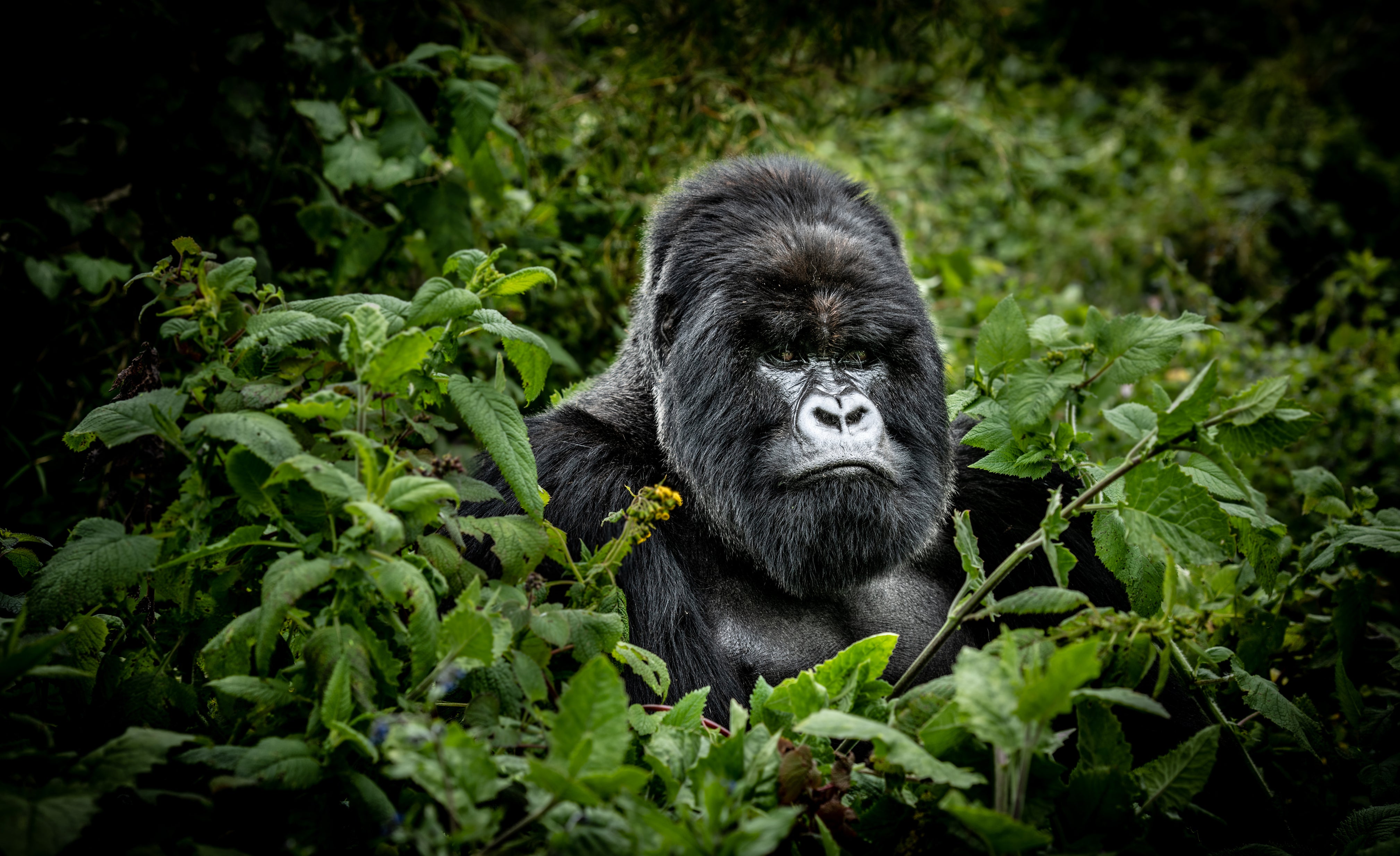
A number of very good safaris are just a few days (it’s even possible to do day trips in places like South Africa), but far better to take things slowly, staying longer in each location to relax, enjoy the camp and visit villages or projects nearby. If you fancy a ‘bush and beach’ combo or adding another country (Rwanda for gorilla tracking, maybe) then it’s certainly worth going for two weeks (or even three if you’re able).
What is a typical day on safari?
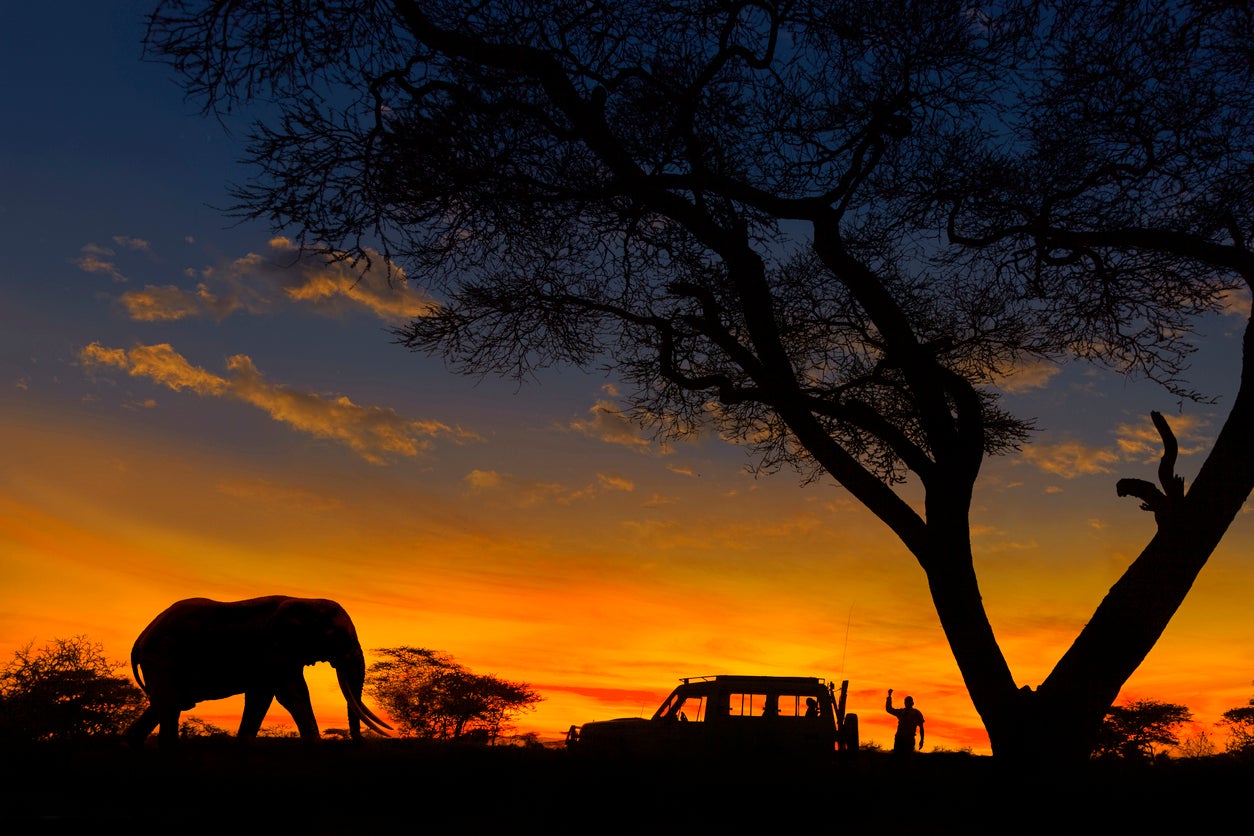
This will totally depend on the safari you take, but you’ll usually have two guided activities daily, including drives or walks in the early morning and late afternoon avoiding the hottest times when animals, particularly lions, are slumbering. Other activities might include horse riding, mountain biking, night drives, visiting villages or conservation projects. There’s plenty of afternoon downtime and some camps even offer spa treatments, a pool or a small gym. Food is plentiful and usually international standard. And the best part? Sundowner G&Ts at a beauty spot, perhaps by a waterhole with elephants…
Read more: The bustling African city four hours from London hoping to break records
Join our commenting forum
Join thought-provoking conversations, follow other Independent readers and see their replies
Comments